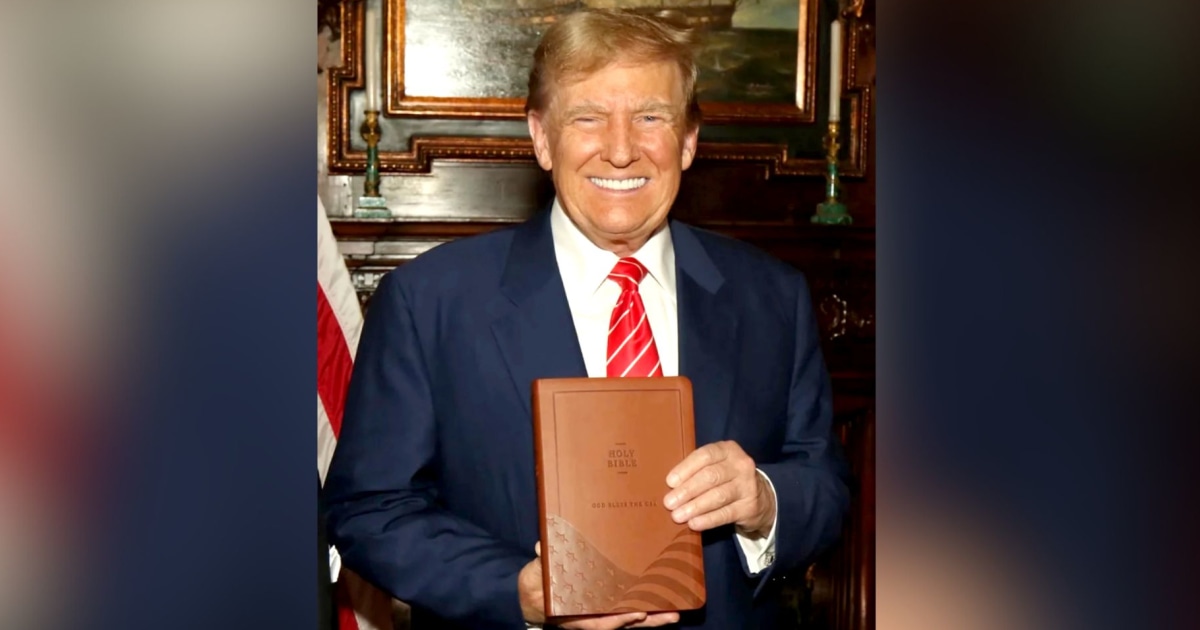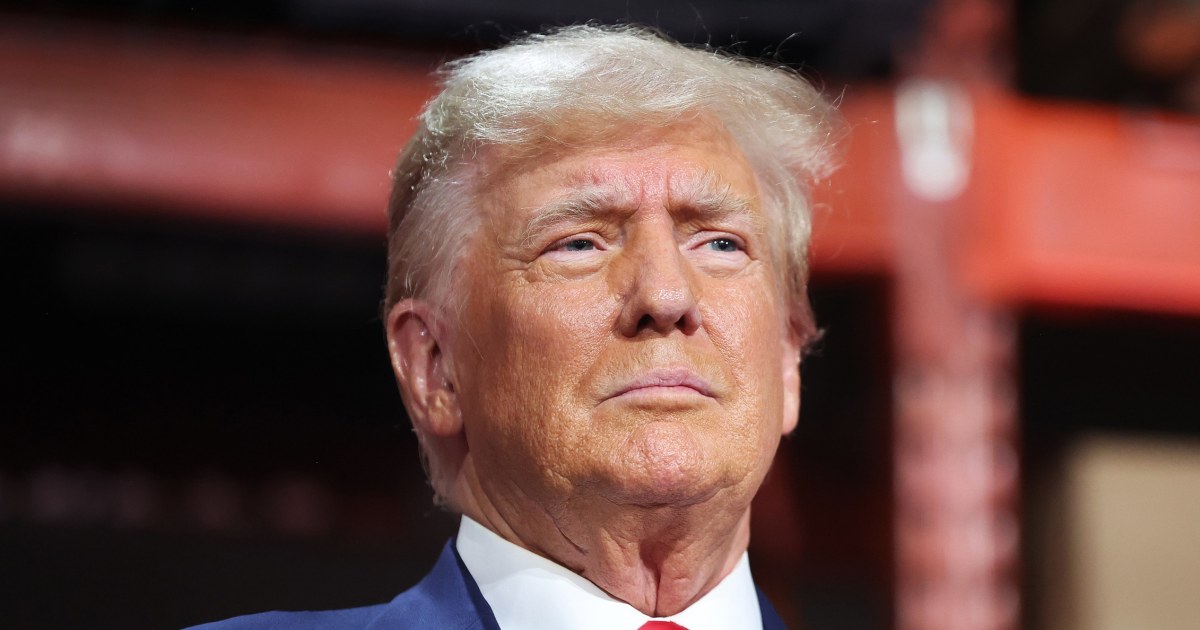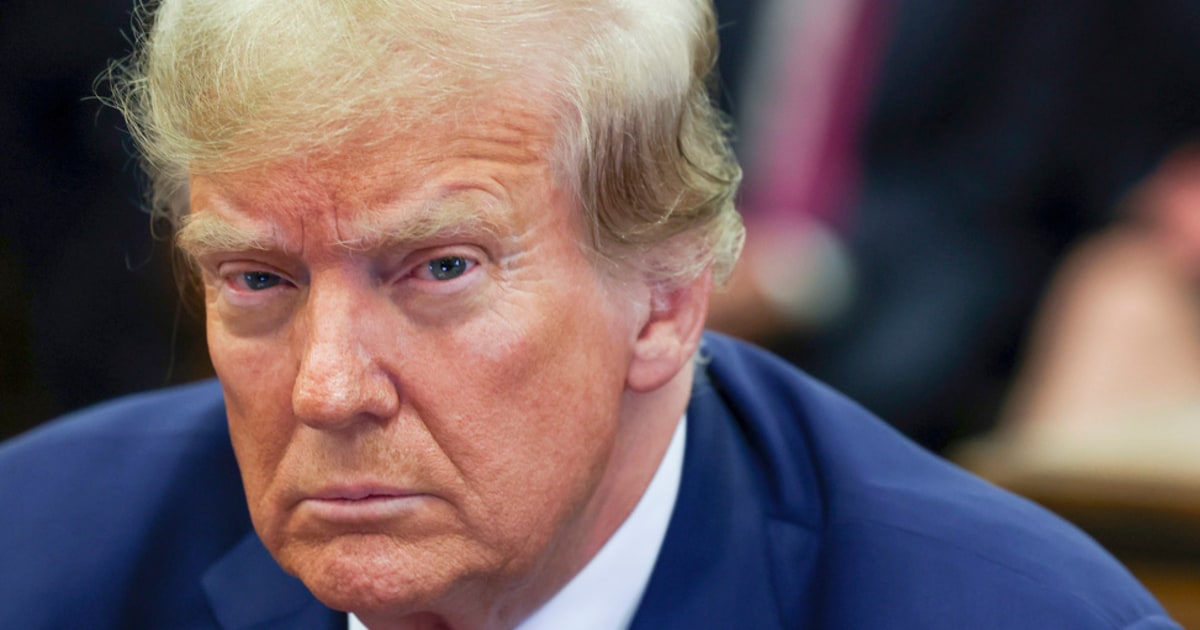"Very wrong " and " absurdly unconstitutional ": this is how top Democratic exponents qualified this Sunday the executive orders signed on Saturday by the president, Donald Trump, to face the economic impact of the coronavirus pandemic.
The announced measures were announced by the president a day after Republican and Democratic lawmakers failed to reach an agreement on a new relief package to help the unemployed and others in financial distress due to the COVID-19 health crisis. In fact, this is an action that requires Congress.
One of the most significant measures is one that claims to provide additional unemployment benefits of an additional $ 400 per week. Another provides for a temporary cut in pay taxes. Trump said they would be financed with money destined for emergencies and asked that a quarter be covered by states, many of which already face serious economic difficulties due to the pandemic .
[The United States exceeds 5 million coronavirus cases, with little sign of improvement]
The Speaker of the House of Representatives, Nancy Pelosi, Democrat of California, criticized the executive orders this Sunday on CNN and Fox News. In answering a question about whether they seemed legitimate to him, he said that "it takes time to find out if they are legal or not," but added that his advisers on the matter assured him that they are "absurdly unconstitutional."
"While [Trump] says he is going to pay payroll tax, what he is doing is undermining Social Security and Medicare, so they are wishful thinking," he said on Fox News Sunday.
The extent of Trump's authority to make these decisions raises questions . As the president himself admitted, it is highly likely that executive orders are vulnerable at least in part to legal challenges, since it is Congress, not the executive, that has the constitutional authority to allocate federal funds normally earmarked for such aid. kind.
Hispanics react to Trump's executive orders to extend aid for COVID-19
Aug. 8, 202001: 24“They will probably sue me. But we'll see, "said the president on Friday when questioned by a reporter. And he added: "They will not win." Democrats announced last week that if the president tried to bypass Congress by taking executive action, they would take legal action .
The leader of the Democratic minority in the Senate, the legislator for New York Chuck Schumer, avoided this Sunday in an interview with the ABC chain to say if he considers the executive orders illegal, and asserted that rather "they do not work."
Described in one word, they could be insignificant; In three words, impractical, weak and too low, "he said. In his view, the planned payroll tax cut is a" very wrong "measure.
[This is what Donald Trump and Joe Biden propose for the United States to win the presidency]
In an interview with MNSBC, the 2016 Democratic candidate, Hillary Clinton, called Trump's actions "a trick" that can hurt "all Americans."
As reported by The New York Times, Trump's own advisers have admitted that the president's executive orders have limited effectiveness: They will not offer help to small businesses or state and local governments, and will also bypass workers from low and middle income, as they do not anticipate another round of direct checks.
With information from CNN , NBC News , Fox News , ABC , MSNBC , The New York Times .








/cloudfront-eu-central-1.images.arcpublishing.com/prisa/OV2VBR4SENF6HBYT4PL7REJMVU.jpg)
/cloudfront-eu-central-1.images.arcpublishing.com/prisa/MZCWKR7O5JGBDHQ4B6SRZVJD4E.jpg)

/cloudfront-eu-central-1.images.arcpublishing.com/prisa/KMEYMJKESBAZBE4MRBAM4TGHIQ.jpg)



